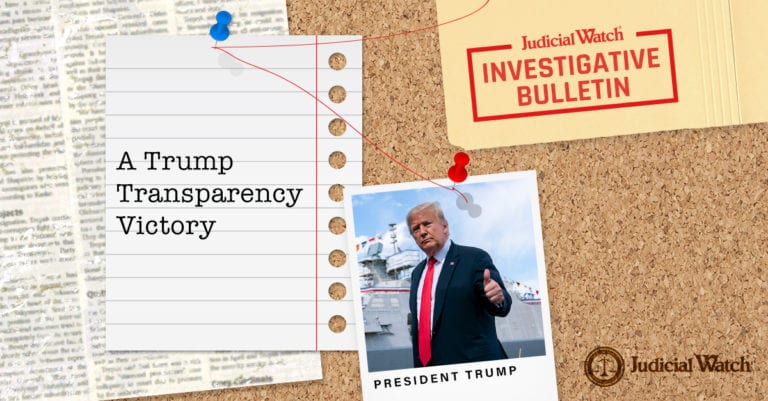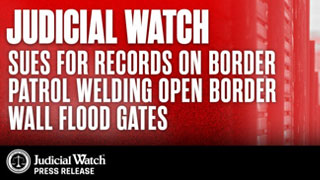

A Trump Transparency Victory


A little-noticed court ruling last month signals a major Trump Administration victory for healthcare transparency. The likely result? Lower hospital bills.
Anyone ever confronted with a hospital bill knows it can be a frightening and bewildering experience. In 2019, Trump moved to fix that, instructing the Department of Health and Human Services (HHS) to come up with a plan, and a clear-language format, that would inform patients “about actual prices.”
The executive order instructed HHS to propose a regulation requiring hospitals to “publicly post standard charge information, including charges and information based on negotiated rates and for common and shoppable items and services.” HHS complied, issuing a rule that defined hospital charges, set an easy-to-understand format, and established an enforcement schedule.
Hospital groups were not happy. Led by the powerful American Hospital Association, they challenged the ruling, arguing HHS did not have the authority to issue the rule. They threw in for good measure a violation of the First Amendment and arbitrary and capricious behavior under the Administrative Procedure Act.
U.S. District Judge Carl Nichols didn’t buy it.
In a victory for freedom of information, Judge Nichols, a 2019 Trump appointee, rejected the hospitals’ arguments. “The impenetrability of hospital bills is legendary,” he noted. The hospitals’ position is “essentially attacking transparency matters generally, which are intended to enable consumers to make informed decisions.”
Under the new rules, hospitals must publish the gross or “chargemaster” charge—that is, the often highly inflated fee used internally as an accounting tool and starting point in billing. The “discounted cash price”—charges to individuals who pay cash or who do not, or cannot, use insurance to cover the fee. The “payer-specific negotiated charge”—the charge the hospital has negotiated with a third party, such as your insurance provider. And the “de-identified minimum and maximum charges”—as Judge Nichols explains, these are “the highest and lowest charges the hospital has negotiated with all third-party payers for an item or service.”
The Nichols ruling shows us the power of transparency in a real-world setting. Price transparency helps consumers make decisions about where to put their money and where to maybe get a better deal. It puts downward pressure on costs. It hands power to patients.
Hospital groups say they will appeal. The regulations do “nothing to help patients understand their out-of-pocket costs,” said an attorney for the hospitals. “It also imposes a significant burden on hospitals at a time when resources are stretched thin and need to be devoted to patient care.”
Read the full Nichols ruling here.
***
Micah Morrison is chief investigative reporter for Judicial Watch. Follow him on Twitter @micah_morrison. Tips: [email protected]
Investigative Bulletin is published by Judicial Watch. Reprints and media inquiries: [email protected]














